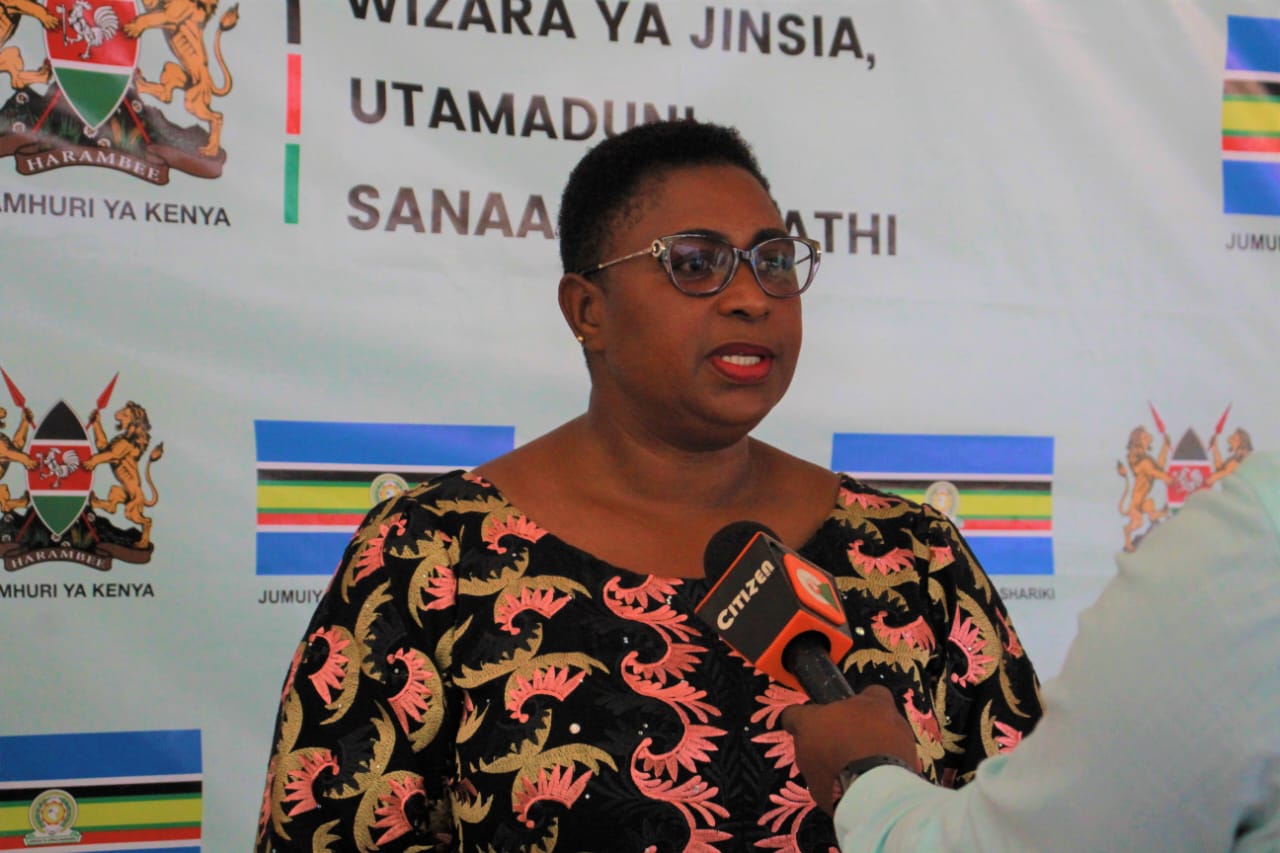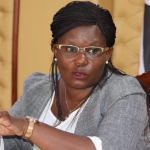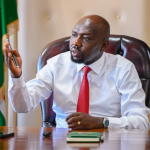Stakeholders are appealing to the East African Community (EAC) Council of Ministers to fast-track the adoption of Kiswahili as the official language of the bloc to deepen integration.
More than 300 Kiswahili professionals have converged in Mombasa for a two-day International East African Kiswahili Commission conference themed: Kiswahili, Elimu na wingi-lugha katika ufanikishaji wa Amani ahead of the commemoration of World Kiswahili Day on Sunday (7th July 2024).
The United Nations Educational, Scientific and Cultural Organization (UNESCO) in its 41st general conference declared 7th July as a Kiswahili Day.
According to UNESCO Kiswahili is one of the ten most widely spoken languages in the world with over 230 million users.
Article 119 of the EAC treaty says partner states shall promote the development and promotion of indigenous languages especially Kiswahili as a lingua franca for the region.
Speaking when she officially opened the conference Cabinet Secretary (CS) for Gender, Culture, Arts and Heritage Aisha Jumwa urged the professionals to come up with solid recommendations that will encourage ministers in charge of EAC affairs to facilitate the adoption of Kiswahili as an official language of the community.
“We must glorify Kiswahili. Speaking Kiswahili is not a weakness its richness shows its importance. If you’re a Kiswahili speaker like me be proud, not all people have the know-how and ability of Kiswahili language,” said CS Jumwa.
She suggested that the country should have a Kiswahili day for the language to be used widely in the Judiciary, Parliament, Cabinet, schools, and markets.
“I want us to have recommendations for laws and policies to be written and published in Kiswahili. It will help many, especially in our courts,” proposed CS Jumwa.
She noted that Kiswahili has a rich history and plays a pivotal role in society, cultural and economic development in the region.
“It’s a language that has connected nations, communities, cultures and deepened our unity as East Africans,” said the CS, adding the use of Kiswahili globally is a testament of efforts made by stakeholders
“In the 21st century we are supposed to continue promoting the use of Kiswahili in all the spheres of our lives. We should ensure Kiswahili is used perfectly in education, business, technology and arts,” she added.
That, she noted will protect the cultural heritage of the region and preserve the noble language for future generations.
CS Jumwa called for concerted efforts to imbue Kiswahili as an International language that is powerful and has influence.
President of the East African Court of Justice (EACJ) Nestor Kayobera said the EAC treaty recognizes the English language as the official language and Kiswahili as a lingua franca.
“In the treaty, Kiswahili is a lingua franca but not the official language. The summit of EAC Heads of State pronounced itself that French and Kiswahili are official languages, it’s more than a year since the treaty has not been amended,” explained Justice Kayobera.
EACJ, he said cannot deliver its rulings in Kiswahili as the EAC treaty has not been amended to make Kiswahili an official language.
On his part, Prof Kimani Njogu, a Kiswahili scholar stressed that laws should be drafted in Kiswahili to be enacted and implemented in Kiswahili.
“Those who found themselves in courts most of them use Kiswahili but judgments are delivered in English because the law that guides the judiciary was enacted in English,” said Prof Njogu.
He added that Kiswahili will continue to make contributions in the wake of technological advancement calling for the establishment of Kiswahili commissions to standardize new terminologies like Artificial Intelligence (AI).
“For instance, Tanzania translates AI as Akili mnemba and Kenya is Akili Unde . We must have bodies to standardize the terminologies for effective communication,” said Prof. Njogu.
“Creative economy in the region is anchored on Kiswahili. It is driven by East African youth. They speak, and compose their music, and movies in Kiswahili. We must empower them to contribute to the development of the region,” he added.
Dr Ahmed Yassin, Chairman of the organizing committee said the two-day conference will come up with strategies to deepen the use of Kiswahili in the world.
Dr Yassin urged Kenyans to use Kiswahili to enhance unity rather than as a tool of division. He noted that the youth mix shengs with Kiswahili.
“We have a big task of preserving all the 15 Kiswahili dialects in digital forms and to revive the neglected ones and those that are no longer active,” he said.
Dr. Caroline Asiimwe, Executive Secretary East African Kiswahili Commission said the conference is a prelude to the commemoration of Kiswahili Day.
She noted that they have put in place a stratagem to help new entrants to the bloc with the use of Kiswahili through mobilization and research. She revealed that South Sudan has started a program for the use of Kiswahili in secondary schools.
“Six member states have devised strategies to promote Kiswahili. All partner states are supposed to have commissions on Kiswahili and institutions to promote Kiswahili,” said Dr Asiimwe.





